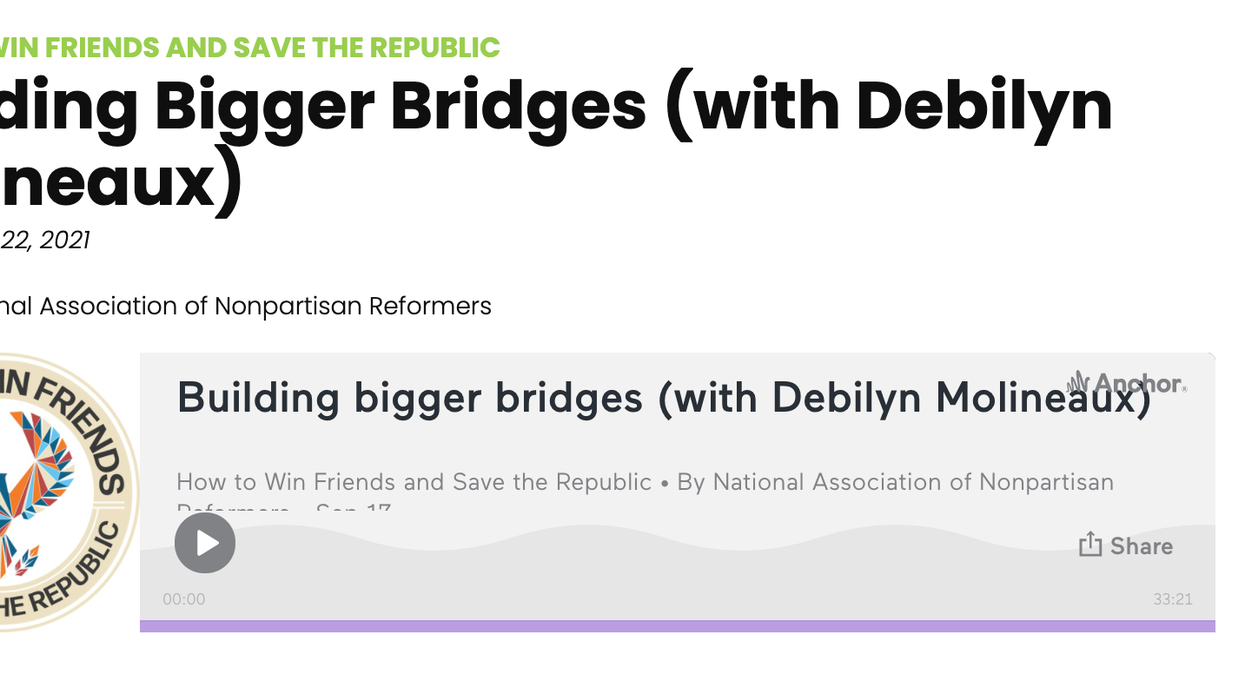As co-publisher of The Fulcrum, Debilyn Molineaux's name is synonymous with cross-partisan bridge building and the importance of civil dialogue in a democratic society. In this episode of How to Win Friends and Save the Republic from the National Association of Nonpartisan Reformers, Debilyn discusses her path from advertising to being a candidate for public office to co-founding some of the most influential bridging organizations in the democracy ecosystem.
Podcast:




















Trump & Hegseth gave Mark Kelly a huge 2028 gift